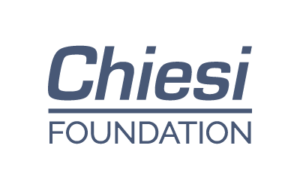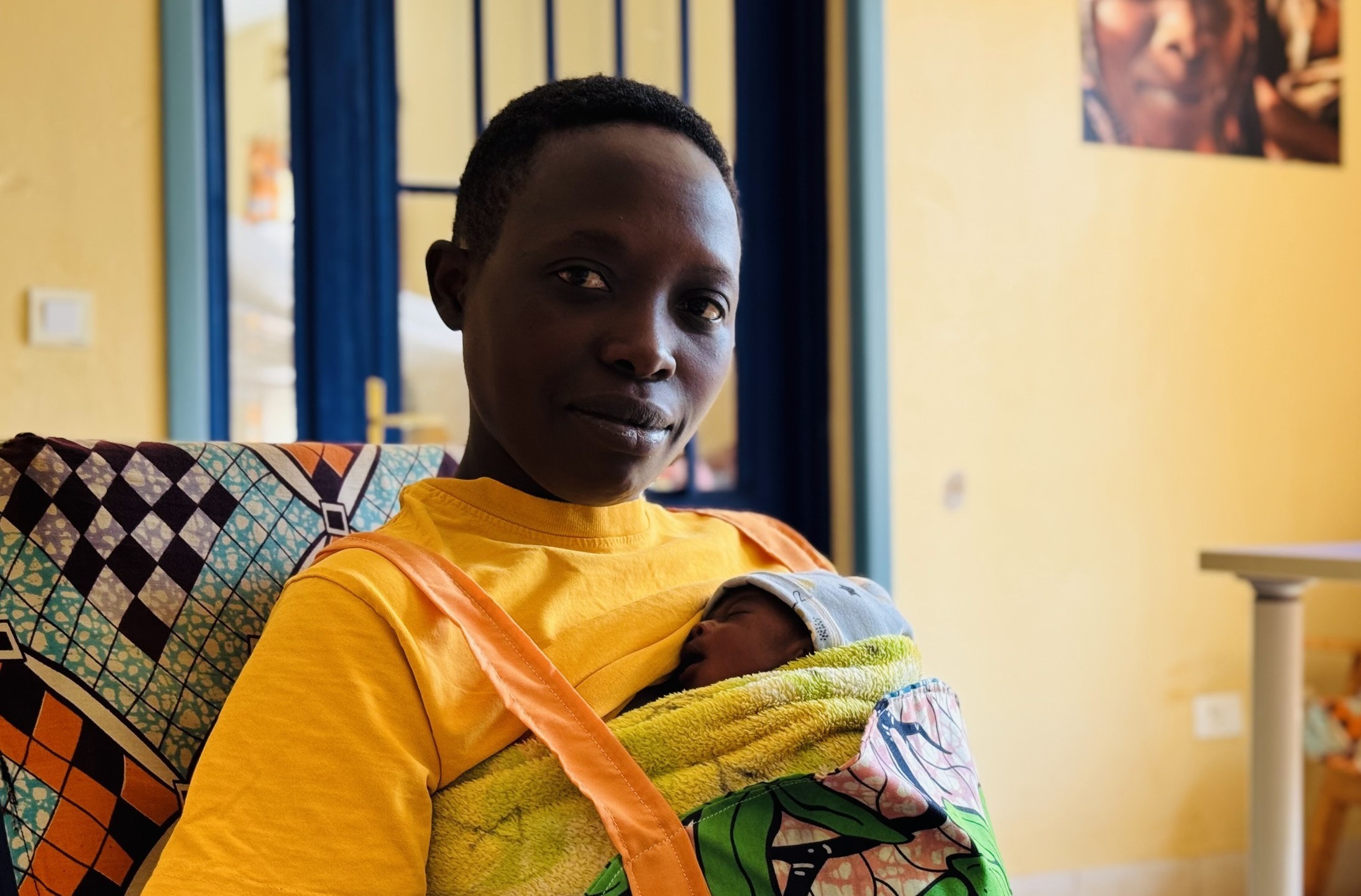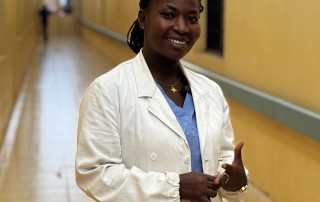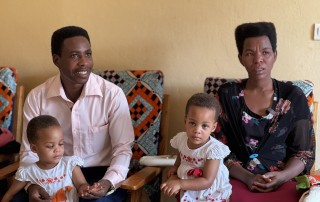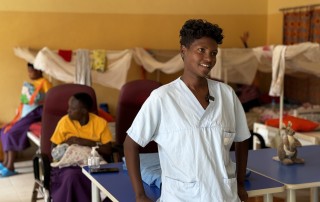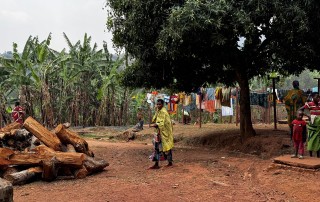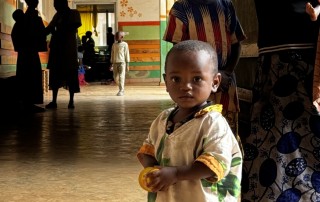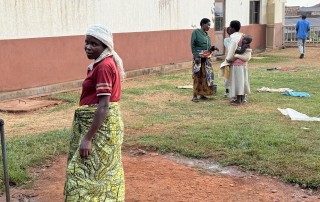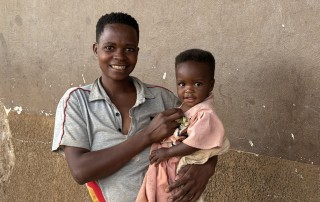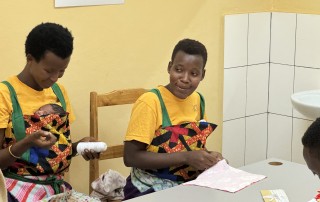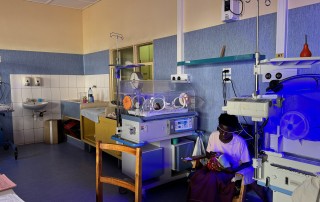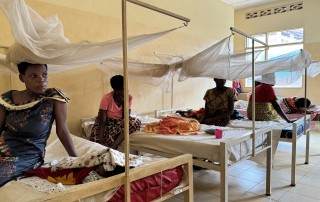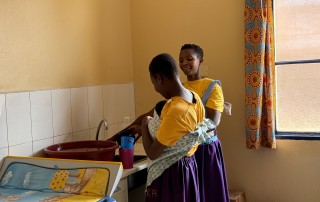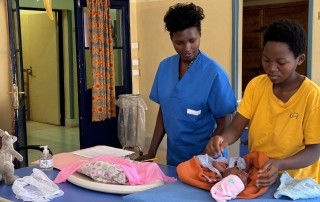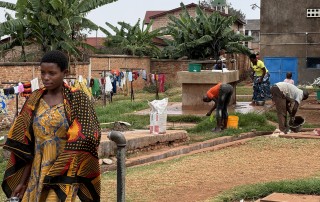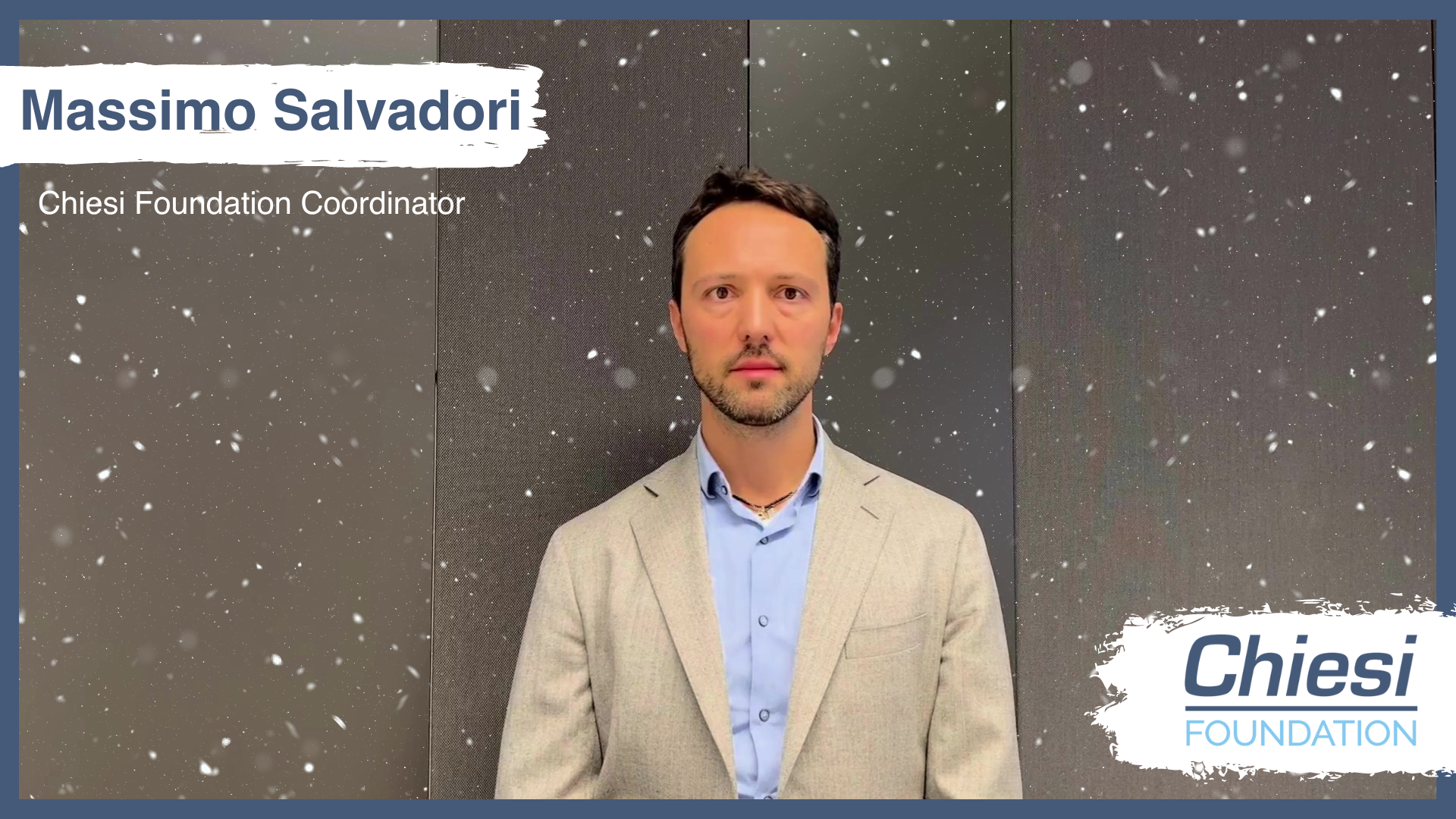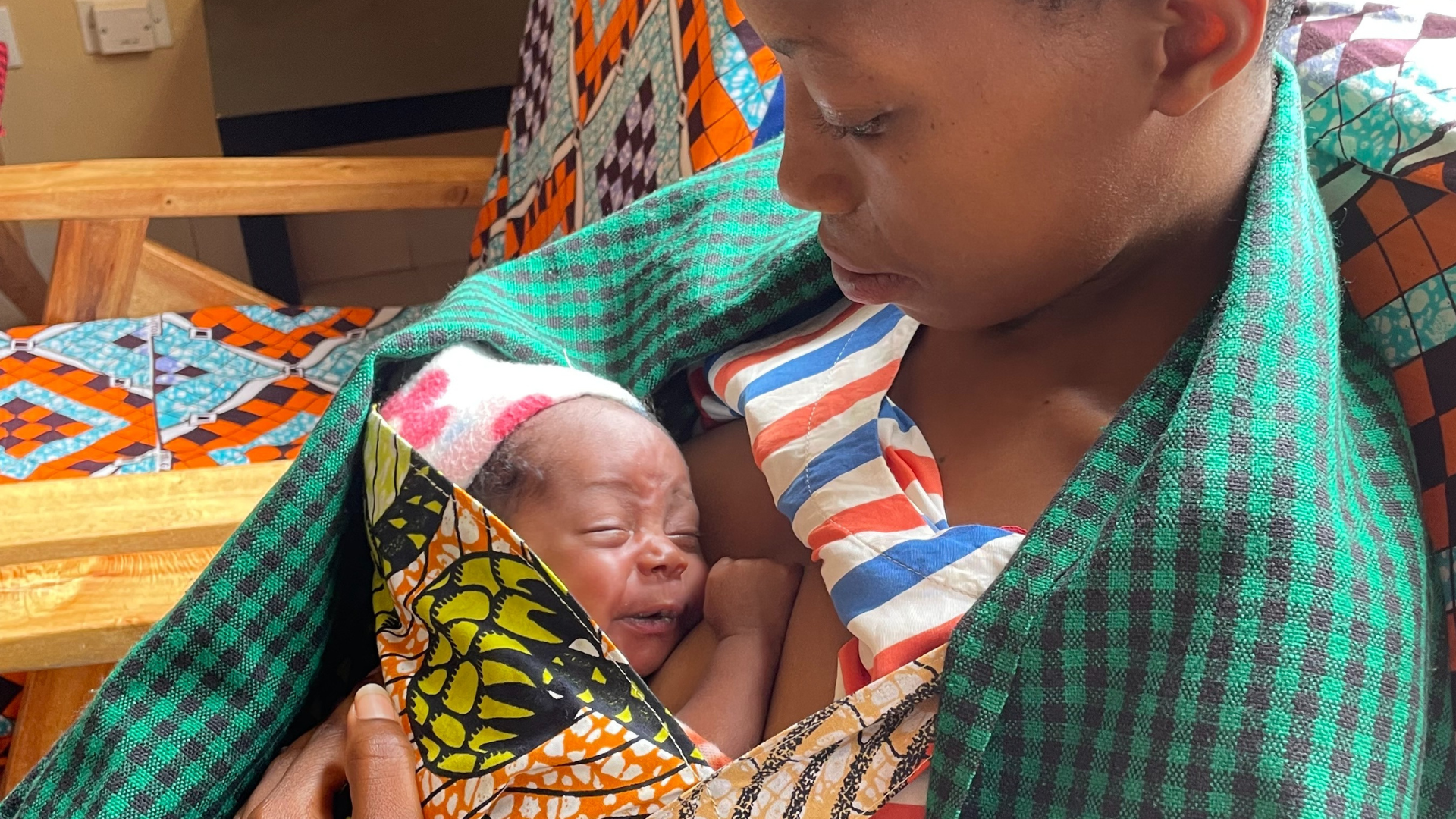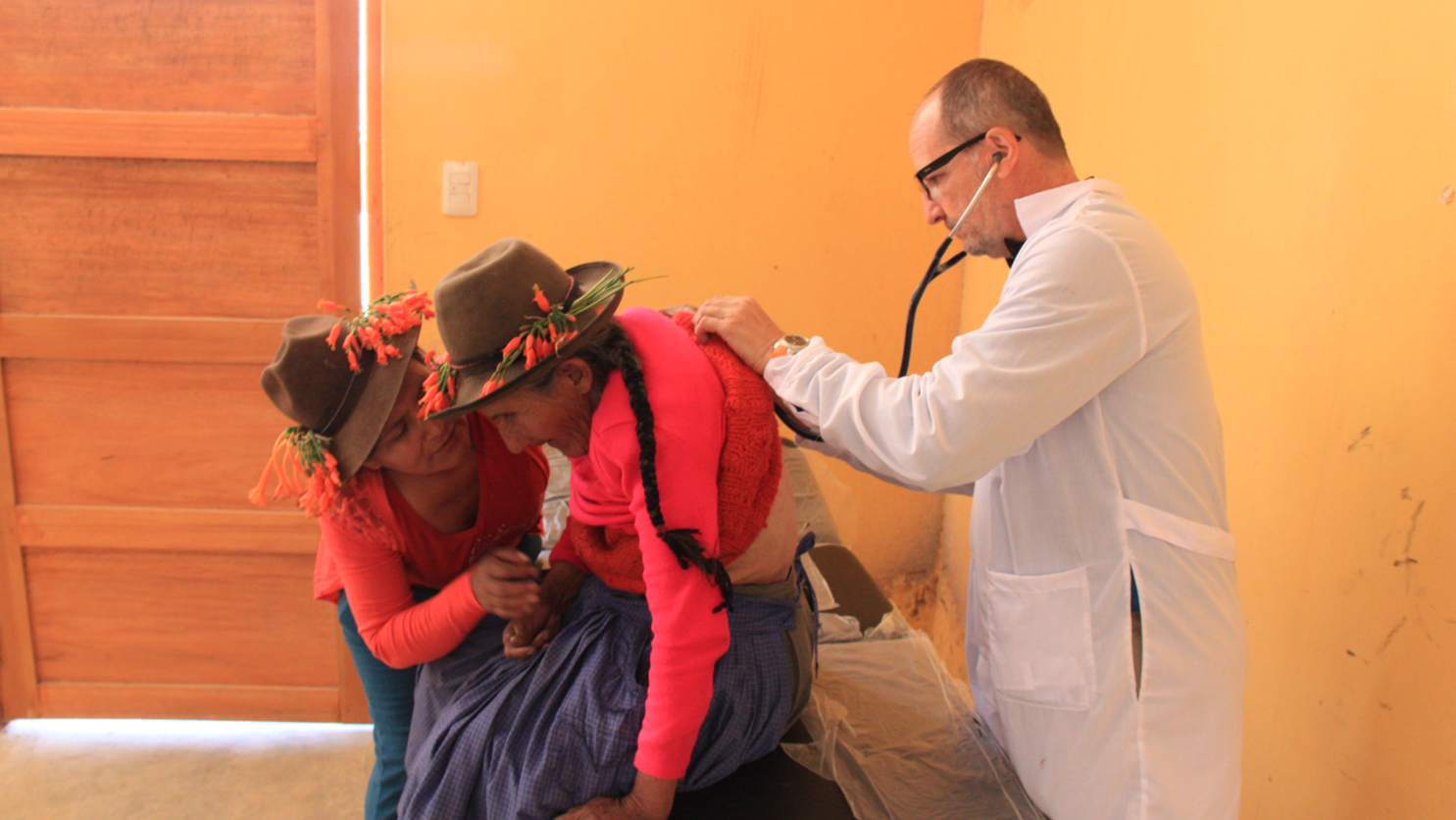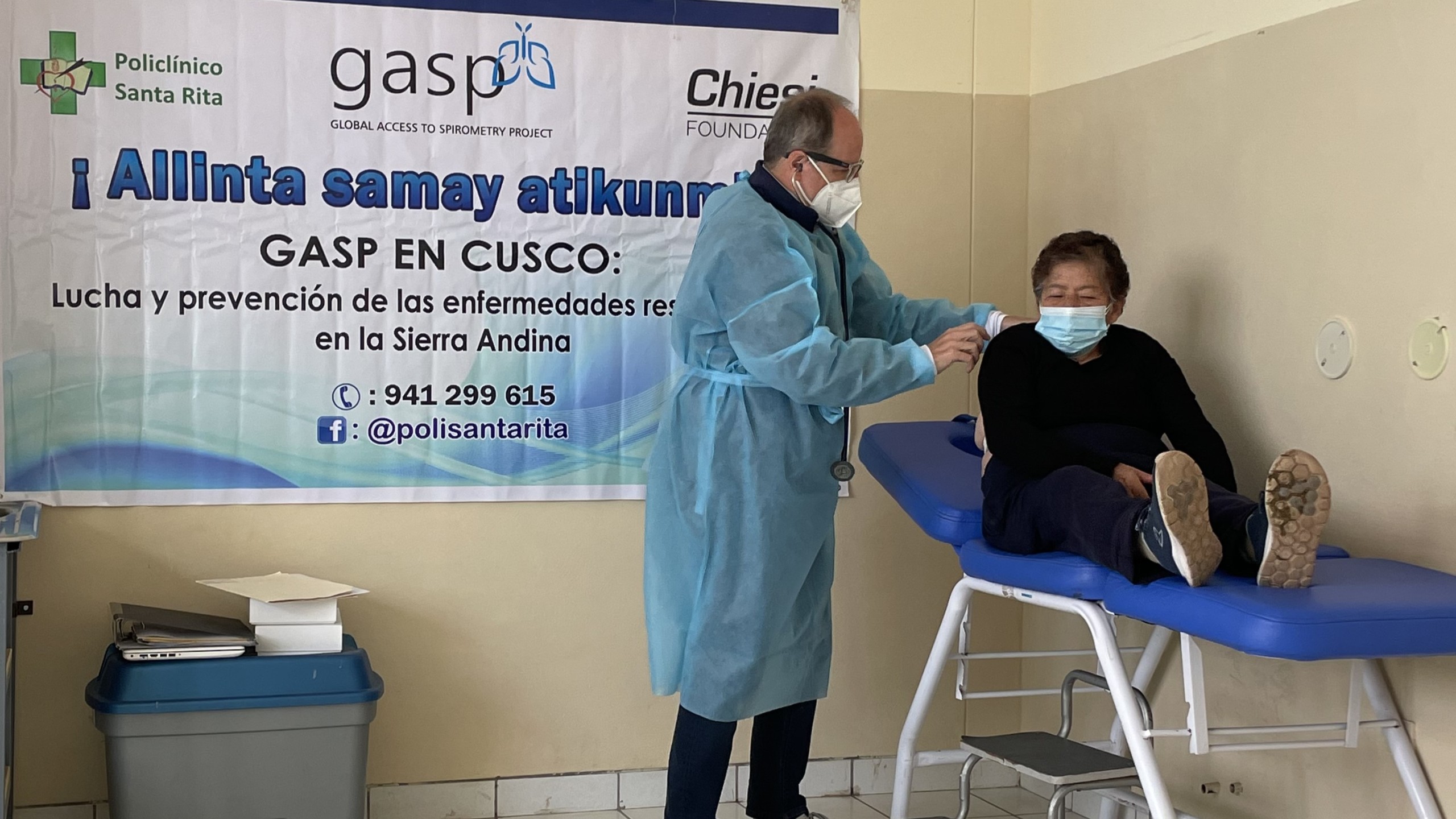by Lorenzo Picicco
Share
Last week, the Chiesi Foundation undertook a significant mission to Ngozi, Burundi, aimed at evaluating the progress of the NEST (Neonatal Essential Survival Technology) model in Ngozi Regional Hospital. In partnership with Amahoro pro Africa, the Foundation seeks to enhance the capabilities of local healthcare professionals in neonatal care, which is critical for improving health outcomes for newborns in the region.
A Closer Look at the NEST Model
During the mission, the Chiesi Foundation had the opportunity to engage with various stakeholders in the Ngozi hospital, as part of a broader effort to gather feedback on the ongoing implementation of the NEST model. These interactions are not merely formalities; they are crucial in understanding the needs of the healthcare workers on the ground and iterating on the training models used.
The Foundation aims to delineate a strategy to further integrate the Ngozi Hospital into the framework of the NEST program. This includes enhancing the role of Dr. Sandrine, a pivotal figure in the hospital’s operations. A brainstorming session indicated the potential for formalizing the partnership between the Chiesi Foundation, Amahoro, and the Ngozi Regional Hospital, with Dr. Sandrine acting as a key point of contact.
Strengthening Healthcare Infrastructure
The mission also involved comprehensive tours of various healthcare facilities in the province. Observations indicate a strong foundation for collaborative projects, but there is a clear need for organizational improvements. The available facilities, such as the hospitals in Buye and Musenyi, were assessed for potential interventions. In the case of Buye Hospital, a reevaluation of existing maternity and post-delivery spaces is necessary due to limited staff resources.
Moreover, the Musenyi Hospital has actively engaged in small-scale improvements, such as establishing a dedicated area for mothers, which reflects a positive step towards enhancing neonatal care. The Chiesi Foundation will continue to support these initiatives with targeted interventions wherever necessary.
CPAP and KMC Initiatives
The mission also reported progress on several key initiatives, including the Continuous Positive Airway Pressure (CPAP) project and the Kangaroo Mother Care (KMC) strategy. These projects aim to create a safe environment for neonatal care by ensuring that medical facilities are equipped with the necessary tools, such as oxygen tanks.
As part of the Kangaroo Mother Care project, training programs are also underway within the local healthcare system, with timelines set for late November and early December to facilitate comprehensive training sessions. Ongoing discussions with key stakeholders aim to establish a technical working group to enhance the effectiveness of these training initiatives.
Collaboration with Local Authorities
The Chiesi Foundation’s Collaboration with the PNSR (National Programme for the Health of Newborns) has opened avenues for further exploration in disseminating educational materials and training protocols for neonatal care.
Next Steps
As the Chiesi Foundation continues its work in Burundi, a comprehensive action plan is being established to monitor and drive progress. This includes creating feedback loops with the stakeholders to ensure that all interventions align with the evolving needs of the healthcare system.
In conclusion, the recent mission to Ngozi has laid a strong foundation for advancing neonatal care and establishing systemic improvements in local hospitals, towards a promising future for neonatal healthcare in Burundi.
